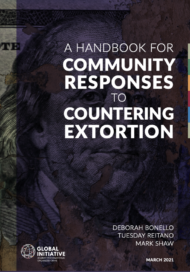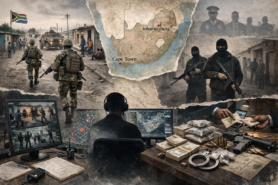Posted on 20 Dec 2015
UNODC is pleased to present the findings of the World Drug Report 2015, based on the best available data and our longstanding
research expertise in the many complex facets of drugs and crime.
Member States are engaged in intensive discussions on the way forward to address the world drug problem, with the General Assembly special session on this topic to take place next year. This report is aimed at providing needed research input and informing collective responses to the challenges posed by the production, trafficking and use of illicit drugs. The continuing discussions leading to the special session of the General Assembly have recognized the need for drug control policies that are balanced, comprehensive and integrated, with a focus on health and carried out with respect for human rights.
Numerous Security Council and General Assembly resolutions have emphasized the fact that the harm caused by illicit drugs has a significant impact on peace, security and development.
The ongoing debate on the post-2015 development agenda has further underscored the importance of promoting justice and the rule of law, and of addressing the threats that undermine them, including drugs, violence and organized crime. Risk factors and circumstances that can render people more vulnerable to illicit drugs, as well as facilitate the establishment and expansion of illegal markets, are often related to issues of development, rule of law and governance. Policies can never be pursued in isolation, and drug control is no exception.
The need for such integrated responses, encompassing robust criminal justice action to disrupt organized criminal networks, measures to ensure access to controlled medications for medical purposes, and evidence- and health-based approaches to prevention and treatment, is more evident than ever.



